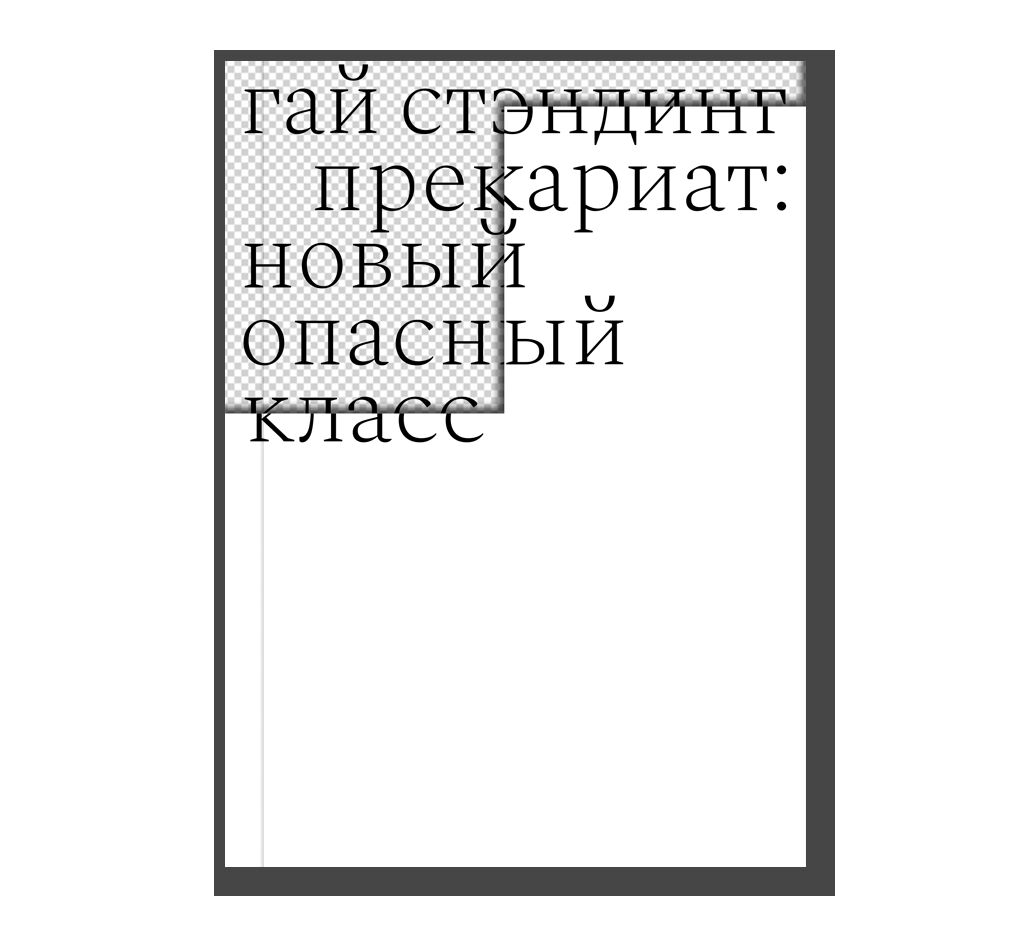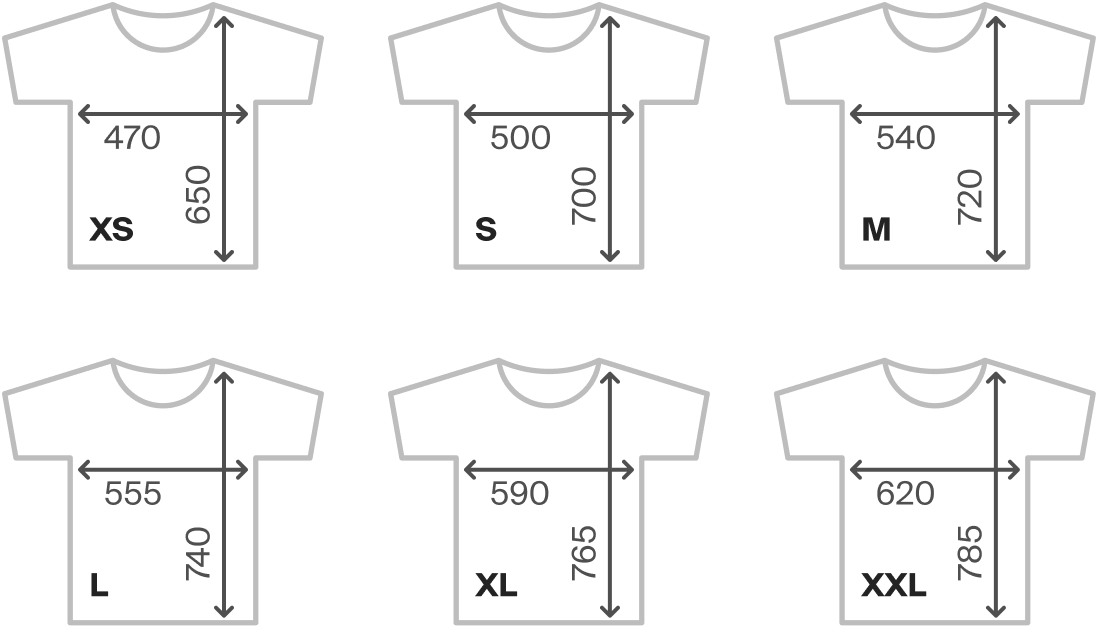The Precariat: The New Dangerous Class
- Year: 2020
- Language: Russian
- Publisher: Ad Marginem
- ISBN: 9785911035563
- Page: 328
- Cover: paperback
- About the Book
British economist Guy Standing describes class relations in the 21st century global economic marketplace. He identifies the emergence of what he calls the “precariat” (from the words precarious and proletariat), who occupy a vulnerable position in society.
Published in 2011, this book by the British economist Guy Standing describes a new laboring class, now in the process of formation, that he has called “the precariat” (from the English word ‘precarious’ – unstable, inconstant – combined with ‘proletariat’). He has placed this group alongside seven others that in his opinion reflect the “class relations in the global market system of the 21st century.” In this system, Standing positions the precariat just one step above the extreme poor, who live and die on the streets.
The precariat is a socio-economic group (in some countries making up a quarter of the adult population) characterized by three peculiar traits: its representatives are not guaranteed secure jobs; apart from receiving immediate payment for their labor, they do not receive any supplementary social guarantees in the form of pensions or unemployment benefits; people belonging to this class are often deprived of certain civil rights enjoyed by other members of society. The precariat grows as migrants, women, and schoolchildren swell its numbers.
Among the factors leading to the emergence of the precariat, Standing refers to the transition towards flexible labor relations that appeared as an inevitable result of the formation from 1975 to 2008 of a global labor process. He points out certain dangers connected with the emergence of this class, which has the potential to lead to a series of social explosions. He sees the reduction of these threats in the so-called “politics of paradise” – in the immediate reexamination of the concepts of liberty, equality, and fraternity, from the point of view of the precariat.
The implementation of the new measures proposed by the author lies categorically within the domain of the state. But anyone reading Standing’s book will be reminded of the need to take stock of the situation from the position of humanity: “the precariat is neither a victim, nor a villain, nor a hero – it is simply made up of people who are the same as the rest of us.”





